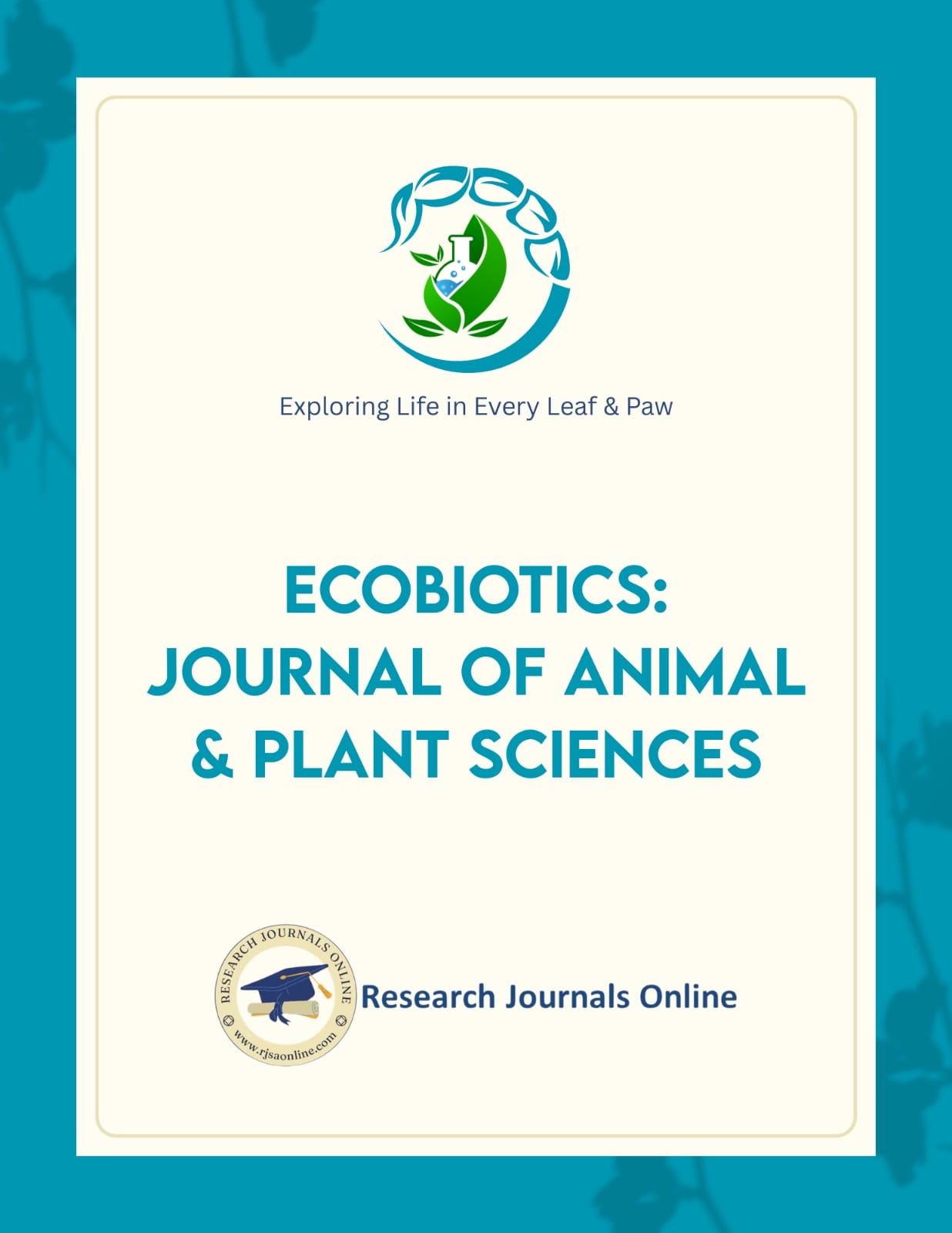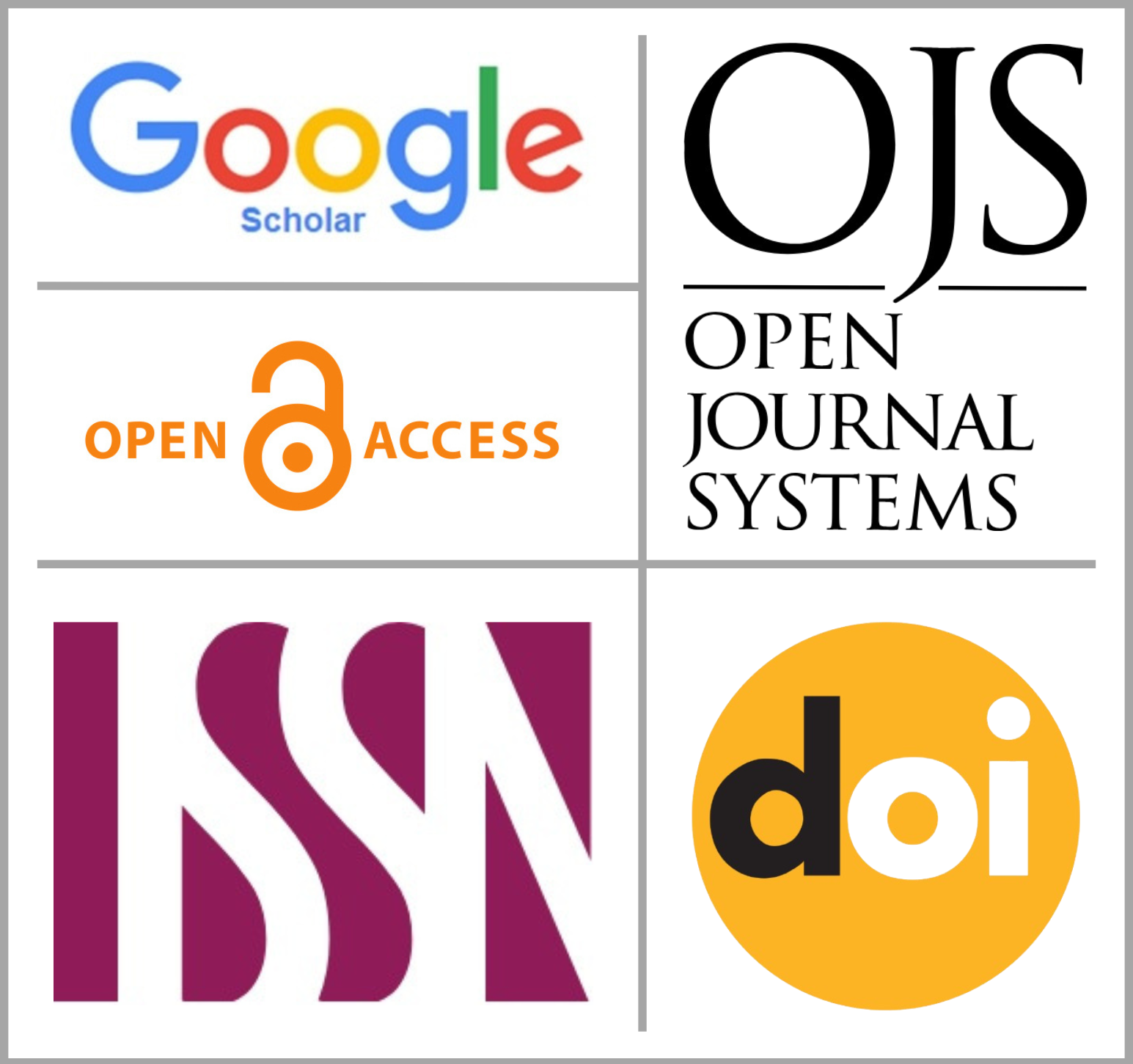Journal Information:
- Name of Journal: EcoBiotics: Journal of Animal & Plant Sciences
- Journal Frequency: Quarterly
- Online ISSN (E): 3106-7182
- Online ISSN (P): 3106-7174
- Language: English
- Name of Publisher: RESEARCH JOURNALS ONLINE (SMC-PRIVATE) LIMITED
- Review Type: Double Blind Peer Review
- Area of Publication: Animal Sciences, Plant Sciences, Ecology, Agriculture, and Environmental Studies






